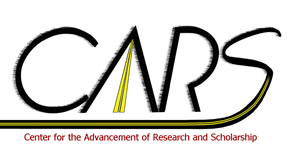Poster: Bosnian, Iraqi, and Somali Refugee Women Speak: A Comparative Study of Refugee Health Beliefs on Preventive Health and Breast Cancer Screening
Location
Moakley Atrium
Start Time
15-5-2013 4:00 PM
End Time
15-5-2013 5:00 PM
Description
Despite evidence that reductions in breast and cervical cancer morbidity and mortality can be achieved through early detection and treatment, patients continue to present with advanced cancer without prior screening. This is particularly true for thousands of recent immigrants and refugees. To understand these documented disparities, we studied refugee women in an urban community health center. The groups selected for study emigrated to the United States as a result of extremely violent conditions in their countries of origin. Women in the study were 40-79 years old, self-identified as speaking Bosnian, Somali, or Arabic, receiving care at the health center and overdue for breast cancer screening. We compared their responses to interviews conducted by native language speakers. Comparisons of the three populations showed similarities and differences in health beliefs and behavior. Our findings emphasize the importance of understanding diverse cultural realities in creating appropriate cancer education and outreach for under-served communities.
Poster: Bosnian, Iraqi, and Somali Refugee Women Speak: A Comparative Study of Refugee Health Beliefs on Preventive Health and Breast Cancer Screening
Moakley Atrium
Despite evidence that reductions in breast and cervical cancer morbidity and mortality can be achieved through early detection and treatment, patients continue to present with advanced cancer without prior screening. This is particularly true for thousands of recent immigrants and refugees. To understand these documented disparities, we studied refugee women in an urban community health center. The groups selected for study emigrated to the United States as a result of extremely violent conditions in their countries of origin. Women in the study were 40-79 years old, self-identified as speaking Bosnian, Somali, or Arabic, receiving care at the health center and overdue for breast cancer screening. We compared their responses to interviews conducted by native language speakers. Comparisons of the three populations showed similarities and differences in health beliefs and behavior. Our findings emphasize the importance of understanding diverse cultural realities in creating appropriate cancer education and outreach for under-served communities.
